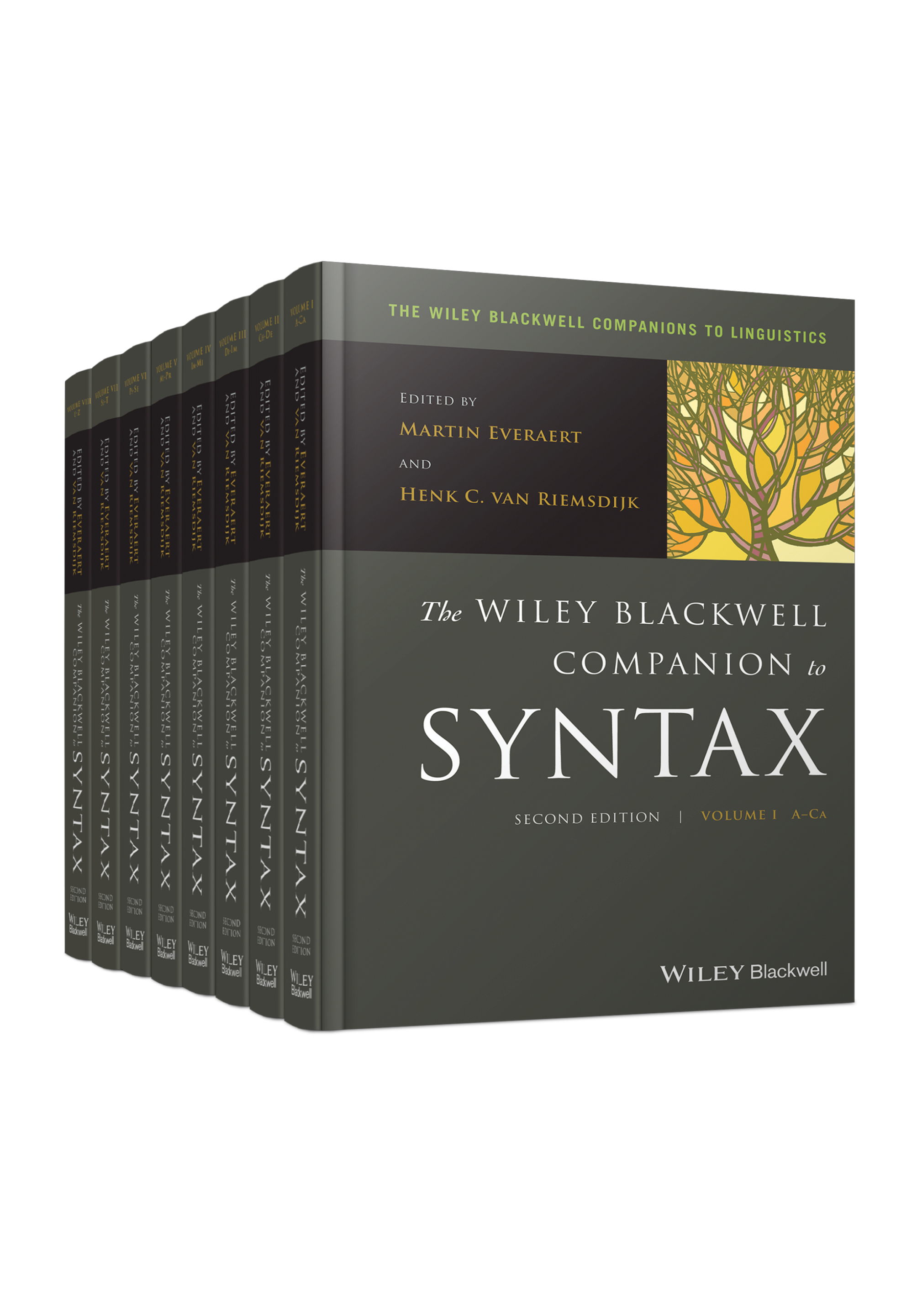Double Nominatives in Japanese
Abstract
It is well known that nominative subjects can be doubled or multiplied in Japanese in ordinary clausal contexts. Various types of analysis have been proposed on the topic. However, many of them mix up notions involved in the issue of the Double Nominative Construction in Japanese. First of all, it has never been logically proven that it is nominative that is involved in the construction (and in “subjecthood” in Japanese in general). Second, nominatives, doubled or not, have “semantic” contents that English nominative subjects do not have. Third, if, in the Government-and-Binding/-Minimalist spirit, the nominative is assigned/licensed by a functional category in Japanese, then we will be situated in a paradoxical state in which case (including nominative) can be multiplied but complementizers can not necessarily. Fourth, in Japanese, the mode of realization of case is different from that in languages like English, as a result of which various sorts of case particles are developed therein. Finally, we do not yet know the true relationship between Japanese case particles and Japanese “adverbial” particles such as wa (top) and mo ‘also’. The conventional term “matrix clause phenomena” cannot explain everything on this. In a nutshell, to discuss and analyze the Double Nominative Construction in Japanese, we need to know what the subject is in Japanese, what case is, and whether case in some sense exists in Japanese at all. Various types of Double Nominative/Subject Constructions are compared and it will be pointed out that we at least need to keep in mind several levels of “subjecthood” when we come to discussions of Japanese subjects/nominatives.



